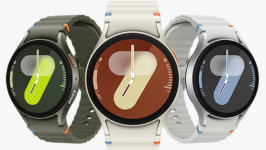NASA's Kepler Telescope has found two planets that lie within the habitable zone and could host life.
The two habitable-zone planets, called Kepler-62e and Kepler-62f, are part of a five-planet system that lies in the constellation Lyra. The planets are slightly bigger than our own planet and are circling a star, like we circle the sun, that is about 1,200 light-years from Earth. They are called Super Earths because their size is slightly larger than that of Earth.
The two planets could have the most critical resource for supporting some form of life: water. Scientists on the Kepler team suggest the planets could even be completely covered in water with no dry land.
The planets lie within the habitable zone, a region where liquid water could exist. The planets are also about 1.5 times Earth's radius and the right distance from their host star to provide life.
"These planets are unlike anything in our solar system. They have endless oceans," Lisa Kaltenegger, an astronomer at the Max Planck Institute for Astronomy and the Harvard-Smithsonian Center for Astrophysics, said in a news release. "There may be life there, but could it be technology-based like ours?"
Researchers announced these newfound planets Thursday at a NASA news conference. The mission also named Kepler-69c as a planet, an orb with a size that's 1.7 times Earth's width.
"Today we can announce that this is a bona fide planet," Thomas Barclay, an astronomer at Ames Research Center, said during Thursday's news conference.
Kepler finds these cosmic orbs by detecting dips or changes in light during a celestial bodies transit. The Kepler mission has identified roughly 2,000 planet candidates to sort through and catalogue since it was launched in March 2009. This type of data could give scientists a handle on which planets could be an Earth twin and help further exploration.









